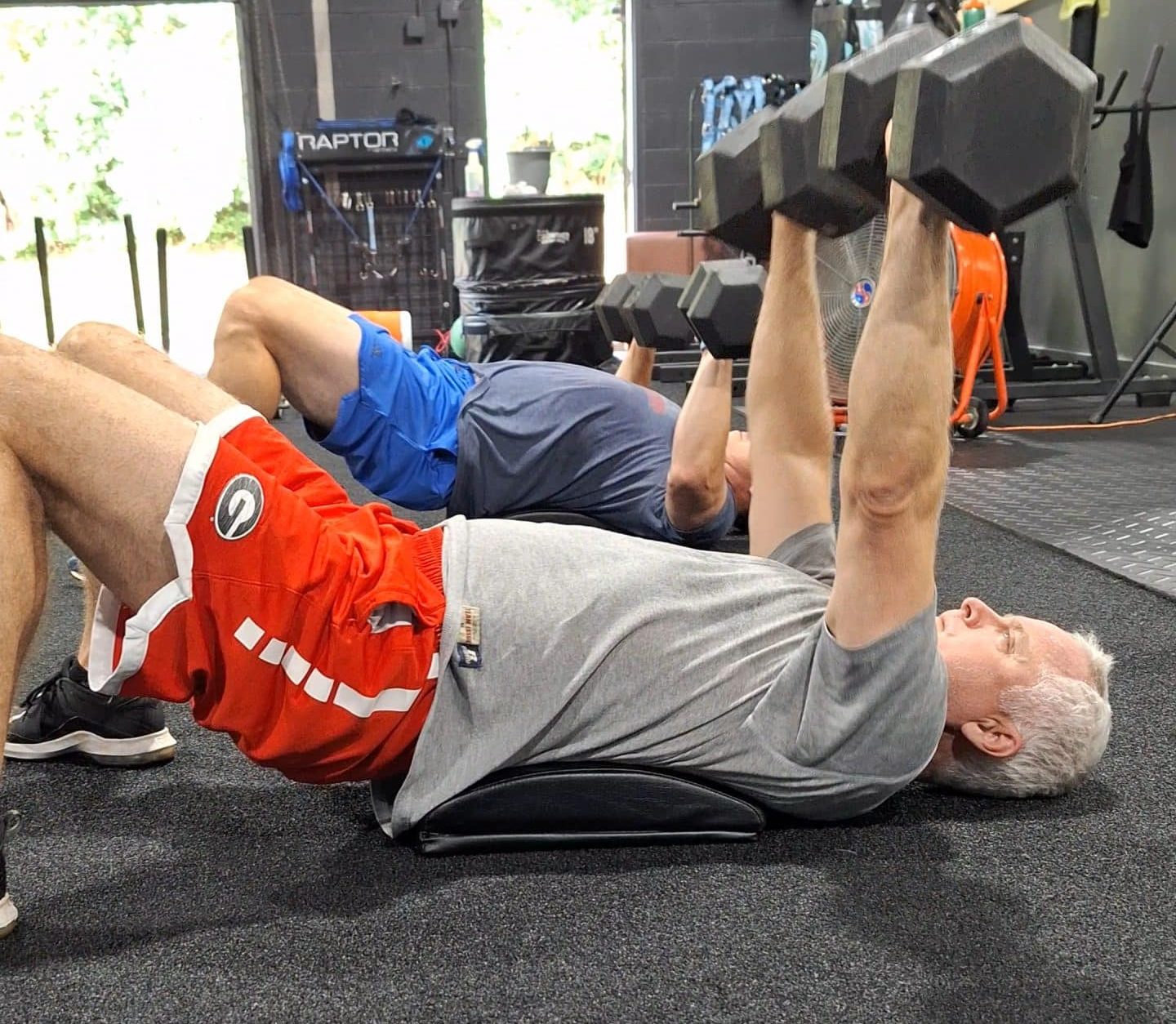
I like to believe that people go through seasons in life: youth years, adolescence, teenage years, your 20’s, 30’s and so on. At each of these stages, what you value also evolves, affecting the areas in life you choose to invest time and energy into improving. For those of us who are lifelong exercise enthusiasts, perhaps in your early years, the gym was a place you used to transform your body to look good for others. However, as you aged, the importance of fitness transcended beyond the superficial and shifted its focus to mental balance, life longevity, stress management, health for your children, and more.
As you become more “seasoned” in life, different experiences continuously carve away at your belief system, and can change WHY you want to stay in shape.
In a culture scape where superficiality dominates the fitness arena, there are actually people who value their mental well-being before pampering the surface. What the weight room can do for these people, goes beyond what the scale or Instagram likes could ever do.
Here are 4 reasons that should be drivers for maintaining your fitness for the middle aged man over the hill.
Improved Mood
Regular strength training in the gym is known to release endorphins, feel-good chemicals that help boost your mood. These endorphins act as natural painkillers, promoting an overall sense of well-being and reducing symptoms of anxiety and depression. It has been found that middle-aged men who start strength training programs as part of their fitness regimen evidence significant improvement in their mental health and emotional well-being.
The majority of adults have what is called a sleep deficit. “Owing” your body sleep throughout long days of work can directly affect your mood. Strength training will counterbalance this.
Reduced Stress Levels
Stress is rampant in today’s world. Work deadlines, family responsibility, carrying financial burdens, the emotional AND physical wear and tear will have you feeling depleted. But in comes strength training.
Strength training has a direct impact on cortisol levels, the hormone primarily responsible for the stress response. Regularly engaging in strength training can help reduce elevated cortisol levels, thereby reducing your stress levels. When you exercise your muscles, you activate the sympathetic nervous system, which initially releases cortisol in response to the stress. However, with regular training, your body adapts to this stress response, enabling cortisol levels to return to baseline levels sooner.
Better Cognitive Function
As you age, it’s common to experience cognitive decline and memory loss. Strength training can help improve cognitive function by fostering the growth of new brain cells in the hippocampus region – responsible for learning and memory. A study conducted at the University of British Columbia found that strength training could significantly improve long-term memory. Strength training is also beneficial in increasing the flow of oxygen and nutrients to the brain, improving cognitive function and reducing the risk of age-related illness like Alzheimer’s.
Simply put, strength training can help you get the clarity you need to operate at your potential.
The Ownership Factor:
There are factors in life that affect us but are out of our control. And that is a constant fact of life. But one of the greatest things about the weight room, is that no matter what in life is going on, you are always in direct control over the outcome you want.
You control your effort in the gym
You decide on how you want to feel after your session.
You control what type of program you want to follow.
It’s one of those activities where no one can do it for you: You have to do it.
If you are tired of being tired all the time, or hate having so much joint pain, then simply put, you aren’t in control of your own body. Training gives you the opportunity to take back the ownership of your body that was commandeered by aging, stress, injuries, and maybe your peers.
So, strength training not only helps you achieve the physical fitness goals you set for yourself, but it also works significantly in improving your mental health and reducing stress levels. As you age, the focus must shift beyond just the aesthetic of looking fit to maintain your mental balance. Engaging in strength training in the gym will not only help you remain physically fit but also help you lead a healthier lifestyle, improve your mood, reduce stress levels, and improve cognitive function. So, what’s the wait? Find a fitness program that works for you and start strength training to improve your physical, emotional and mental well-being.
